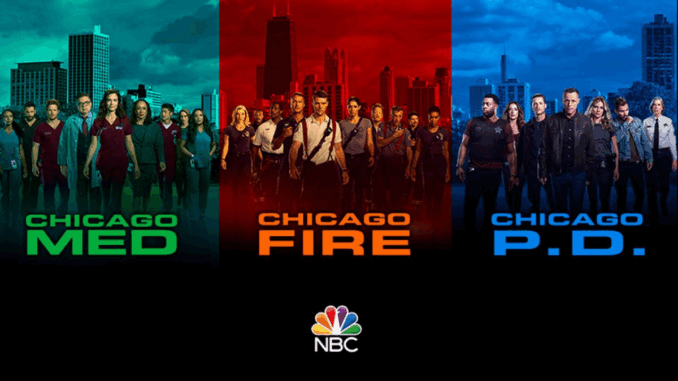
The “One Chicago” universe – encompassing Chicago Fire, Chicago Med, and Chicago PD – is a testament to the power of shared storytelling. Crossovers are a fan favorite, bringing beloved characters together and creating expansive, interconnected narratives. However, recent trends within the franchise have sparked a debate among viewers and critics alike: Is the push for more interconnected lore and frequent crossovers inadvertently diluting the unique identities of each show?

While the initial appeal of seeing Firehouse 51 team up with Intelligence, or Med staff treating victims of a PD case, was undeniable, some argue that the lines are blurring too much. Are storylines becoming too reliant on events from sister shows, making it difficult for new viewers to jump in, or for long-time fans to follow if they don’t watch all three? There’s a subtle tension emerging between maintaining individual show integrity and expanding the shared universe. Are characters from one show being used simply as plot devices for another? Are the distinctive tones of “Fire’s” camaraderie, “Med’s” ethical dilemmas, and “PD’s” gritty realism becoming homogenized under the “One Chicago” umbrella? This isn’t just about scheduling; it’s about the very narrative fabric of these popular series. The challenge for the showrunners is to find a delicate balance: weaving together compelling stories without sacrificing the distinct heart and soul that made each “Chicago” series a hit in its own right